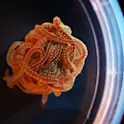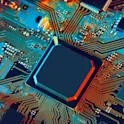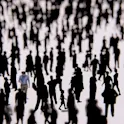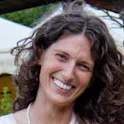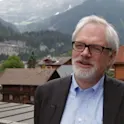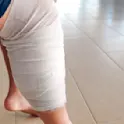
Featured news
25 Oct 2021
‘Smart bandage’ may help solve a major problem when treating chronic wounds
By Conn Hastings, Science writer A person’s leg wrapped in bandage (not the smart bandage from this research). Image: Nutnaree Saingwongwattana/Shutterstock.com Maintaining optimal moisture levels could be key in allowing chronic wounds to heal. However, clinicians currently have no way to check moisture levels without removing a bandage, potentially disrupting the healing process. A new study presents a smart bandage that can measure and wirelessly transmit wound moisture data in real time. The technology could be a useful tool in treating chronic wounds. How can doctors make sure a dressed wound is healing without taking off the bandage? This is a conundrum, because removing a bandage can disrupt the healing process. Technology presented in a new study in open-access journal Frontiers in Physics could help. This new ‘smart bandage’ contains a sensor that can very sensitively measure wound moisture levels and then transmit the data to a nearby smartphone, without requiring doctors to remove the bandage. In the future, by changing the geometry and materials in the bandage, the researchers may be able to fine tune it to suit different types of wounds. The technology could help doctors to monitor wounds more easily and successfully. Chronic wounds can be a […]
